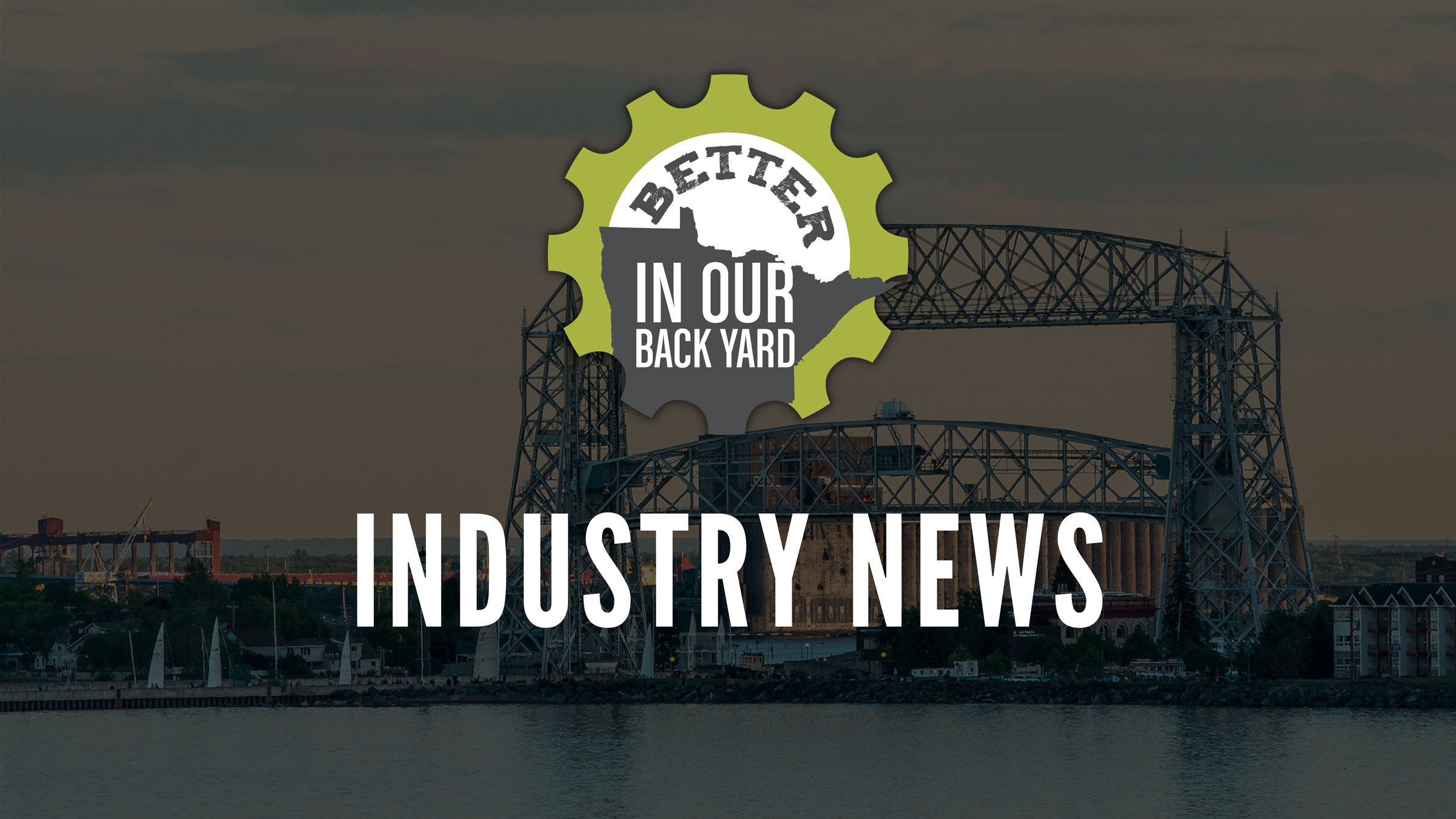A recent article in New York Times Magazine is making the rounds in the Northland and likely other places across the country this week. While the reporting in the article was fair and unbiased – it explained the difference between tourism jobs and industry jobs, the geology of our region, history of industry here, and every day uses of the metals Minnesota mines and hopes to mine in the future – quotes from anti-mining activists Becky Rom and Reid Carron went past biased into disrespectful, disparaging, and hurtful to those who work in and support mining in Minnesota.
“Danny Forsman drives to the mine in his truck, comes home and watches TV, and he doesn’t know this world exists,” says Becky Rom.
“Resentment is the primary driver of the pro-mining crowd here — they are resentful that other people have come here and been successful while they were sitting around waiting for a big mining company,” Carron told me. “They want somebody to just give them a job so they can all drink beer with their buddies and go four-wheeling and snowmobiling with their buddies, not have to think about anything except punching a clock.”
People are allowed to have different viewpoints. Certainly Ms. Rom and Mr. Carron are allowed an opinion about the proposed mining projects, and while they have since issued an apology, it is unacceptable to make these kinds of direct attacks on the well-meaning hardworking individuals who work in industry.
Meanwhile, you will notice that while people who work in and support mining in Minnesota care deeply about responsible industry and what it means for our region, state, and nation, they focus on their work instead of insulting people who don’t support the work they do.
In addition to being mean-spirited, Ms. Rom and Mr. Carron’s characterizations of Minnesota miners and mining supporters are just downright inaccurate.
The thousands of men and women who work in Minnesota’s mining industries are educated and thoughtful. They work hard to provide for their families, produce the raw materials needed for the things we use every day, and to do so in a responsible way to protect the water they drink and lakes where they swim and fish.
These are people who, when they aren’t working long hours in all kinds of weather conditions, get involved in their communities. They are coaches, volunteers, and fundraisers. Most recently iron miners and companies in the mining industry have donated time, money, and resources to help those affected by hurricanes. These are not people who are blind to the world around them.
Instead, the people who work in these industries are very well aware of the world around them. They are very well aware of the lax safety and environmental laws other countries operate under. They are proud to mine under some of the strongest safety and environmental regulations in the country if not the world – because they know the demand for these materials are high, and they know they can mine them better and safer than anyone else.
If anyone is blind to the world around them in this scenario, it may be Ms. Rom and Mr. Carron, who refuse to acknowledge where the things they use every day come from.
Thank you to our miners. Thank you to the companies that provide goods and services to the mines. Thank you to the students who want to work in our mines to innovate our industry and sustain our region’s vitality. Above all, thank you to all informed citizens for taking the time to understand that this conversation is not one-sided, that responsible, caring people are engaging in these issues every day, and that these issues are much more complex than Ms. Rom and Mr. Carron have portrayed them.
